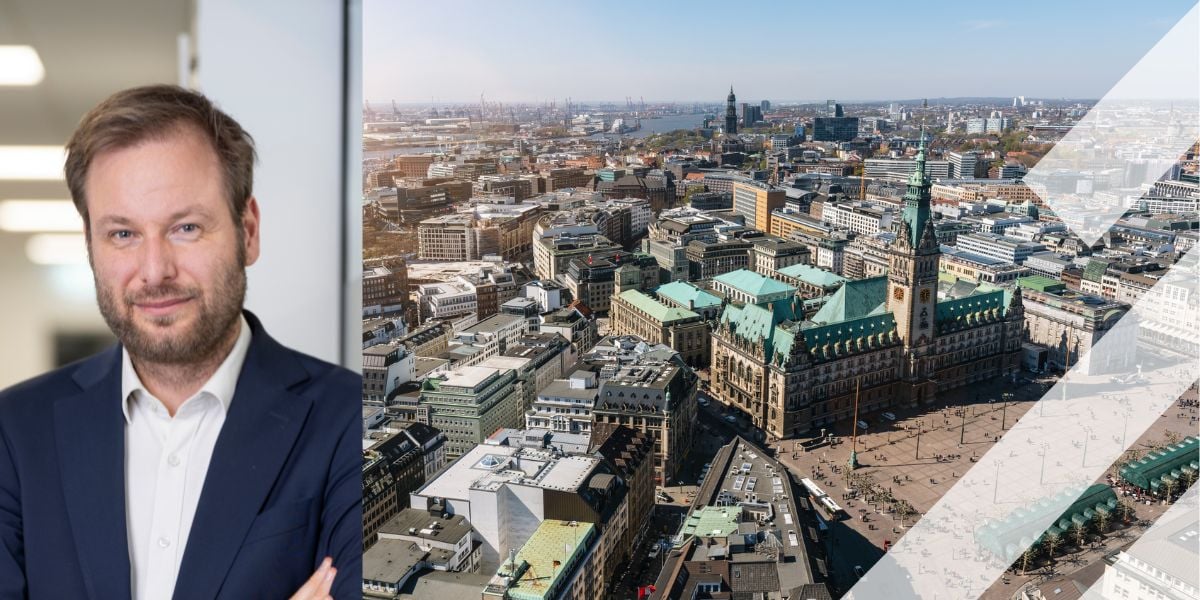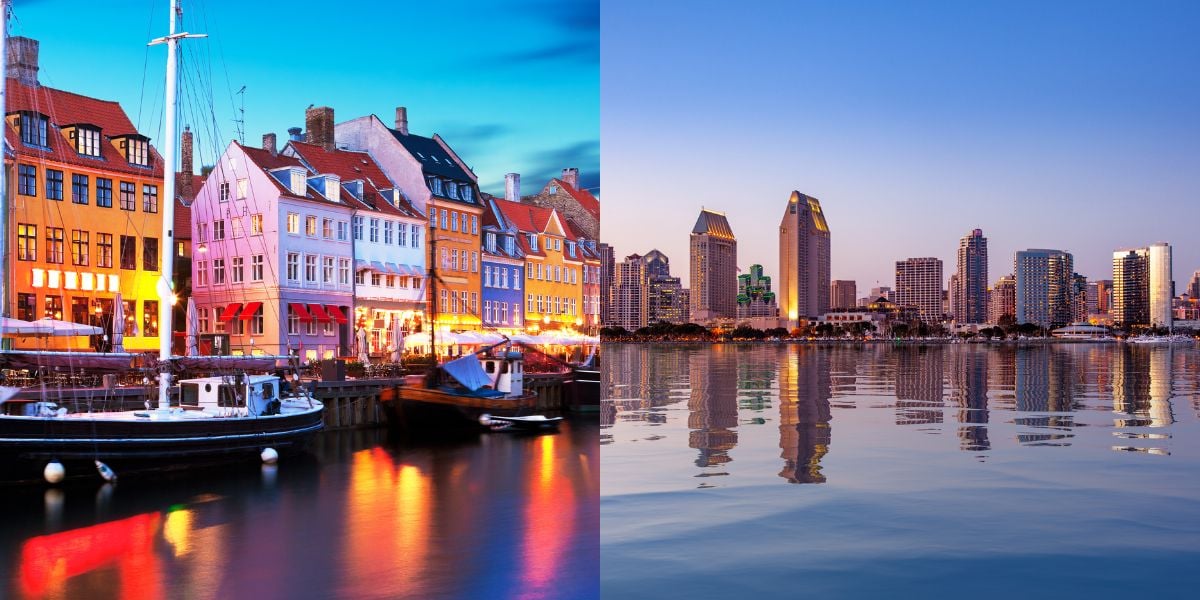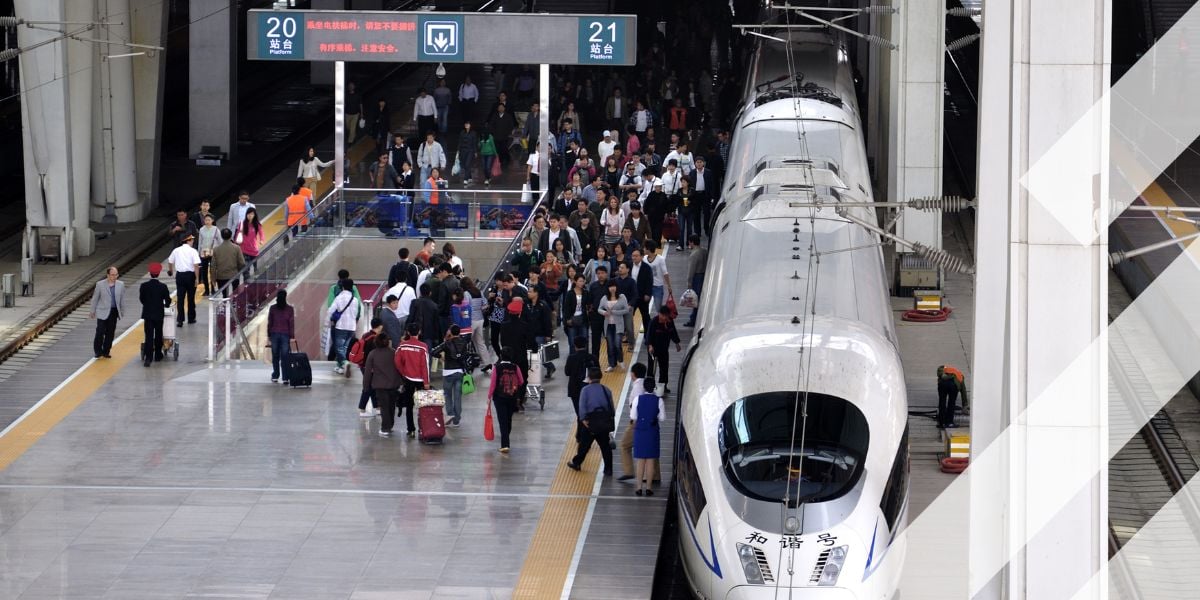Mexico's president sets bold agenda to transform mobility and infrastructure
Claudia Sheinbaum, the newly elected president of Mexico, has unveiled an ambitious national development plan aimed at transforming the country's transportation infrastructure. In her inaugural speech, Sheinbaum, a trained energy engineer and former Environmental Secretary of Mexico City, announced sweeping initiatives that include building 3,000 kilometres of railway, modernizing Mexico's roads, and establishing logistics hubs. These plans are central to her vision of fostering economic growth, sustainability, and connectivity across the nation.
Reviving rail networks
A key pillar of Sheinbaum’s plan is the revival and expansion of Mexico's rail network. Eight new railway routes will be constructed to connect 20 cities, with major projects linking Mexico City to the northwest and northeast regions, including Nogales and Nuevo Laredo, as well as the industrial hub of Querétaro. Other notable routes will connect Hermosillo and Veracruz, enhancing both passenger and freight transportation.
One of the most significant projects under Sheinbaum's administration is the expansion of the Maya Train, which was a flagship initiative of her predecessor, Andrés Manuel López Obrador. This train will be extended to Puerto Progreso in the northwest of the Yucatán Peninsula, bolstering both tourism and trade. The extension will enhance access to stunning coastal destinations, encouraging an influx of tourists while facilitating the efficient transport of goods, thereby stimulating local economies and supporting the growth of regional industries.
Additionally, Sheinbaum plans to advance the Interoceanic Corridor project, which aims to create an alternative to the Panama Canal. This initiative will link Coatzacoalcos in Veracruz on the Atlantic coast with Salina Cruz in Oaxaca on the Pacific coast. This project is expected to boost regional integration and enhance Mexico’s role in global logistics.
Building 3,000km of railways
Sheinbaum has emphasized her commitment to constructing 3,000 kilometers of new rail lines that will span from the northern to the southern regions of the country. These railways will not only improve domestic mobility but also strengthen Mexico’s ties with neighboring countries. The routes include connections from Mexico City to Querétaro, San Luis Potosí, Saltillo, and Monterrey, as well as a western line running from Querétaro to Guadalajara and Nogales. Plans are also underway to restore the historic Mexico-Puebla-Veracruz passenger train route, a vital link for economic and social mobility.
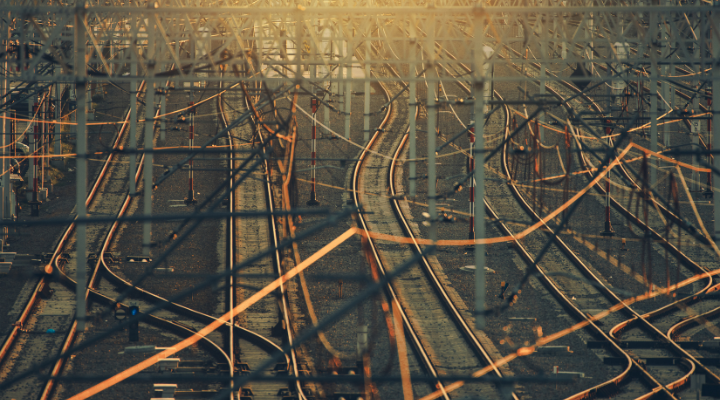
Modernizing road infrastructure
In addition to rail projects, Sheinbaum aims to prioritize the modernization of Mexico’s road infrastructure, with plans to repair 4,000 kilometers of federal highways. Strategic highway expansions will target regions critical to the country's economic vitality, including:
- Baja California Sur: Transpeninsular Highway and the Los Cabos interchange.
- Michoacán: Uruapan-Zamora and Lázaro Cárdenas-Uruapan routes.
- State of Mexico to Guerrero: Toluca-Zihuatanejo highway.
- Puebla: Superhighway toward Amozoc.
- Sonora: Bavispe-Nuevo Casas Grandes and Guaymas-Chihuahua roads.
These road projects are essential for improving connectivity between Mexico's key industrial centers and rural areas, ultimately revitalizing the country's road infrastructure and boosting economic impact.
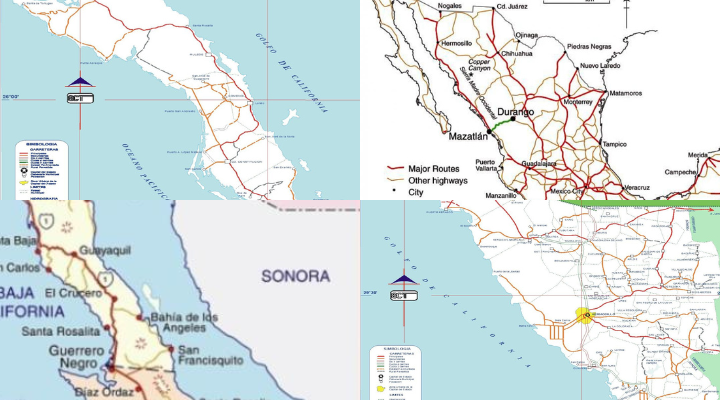
Wellbeing development hubs and investment in industrial parks
To attract private and foreign investment, Sheinbaum aims to leverage Mexico’s strategic location between North and South America by developing Wellbeing Development Hubs and creating 100 industrial parks. These hubs will focus on industries such as renewable energy, smart manufacturing, automotive, and logistics. Supporting this initiative, 10 new industrial corridors will be established across Mexico, each designed to boost economic development while promoting sustainability. Additionally, Sheinbaum’s administration plans to build infrastructure for electric vehicles, including charging stations, and advance the use of critical minerals like lithium under state control.
A comprehensive vision for the future
Claudia Sheinbaum’s infrastructure plans reflect her commitment to modernizing Mexico’s transportation networks while prioritizing sustainability and economic growth. By investing heavily in rail, road, her administration aims to improve the quality of life for millions of Mexicans, enhance regional connectivity, and position the country as a key player in the global economy. With these bold initiatives, Sheinbaum’s government is poised to shape Mexico’s future mobility landscape, creating jobs, fostering innovation, and enhancing Mexico’s standing as a strategic hub in the Americas.
Share your story
Do you have an innovation, research results or an other interesting topic you would like to share with the professionals in the infrastructure, traffic management, safety, smart mobility and parking industry? The Intertraffic website and social media channels are a great platform to showcase your stories!
Please contact our Sr Brand Marketing Manager Carola Jansen-Young.
Are you an Intertraffic exhibitor?
Make sure you add your latest press releases to your Company Profile in the Exhibitor Portal for free exposure.

